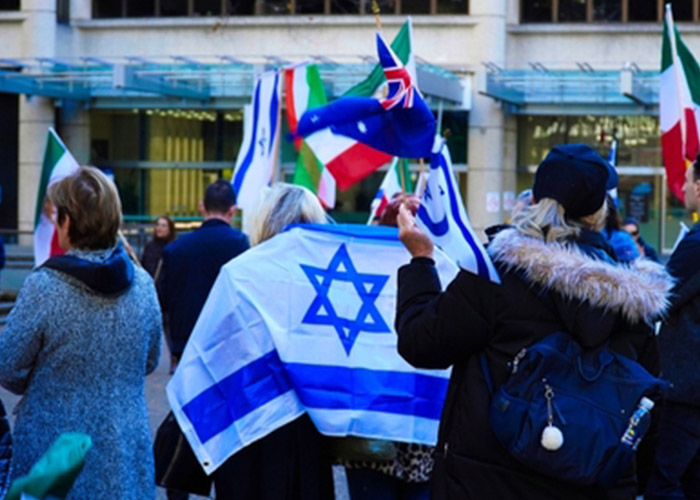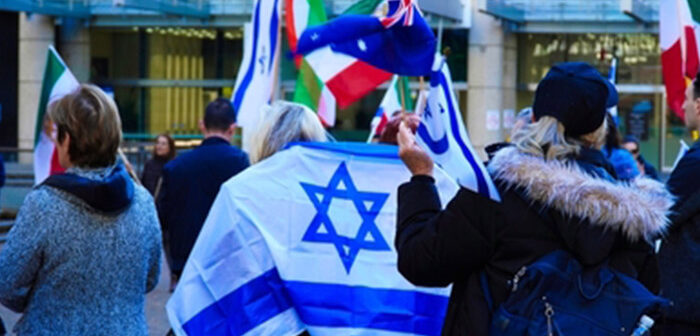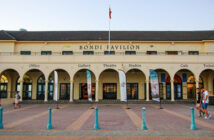
In a dramatic escalation of Australia’s domestic security posture, Prime Minister Anthony Albanese announced a series of decisive responses following confirmed foreign-directed antisemitic attacks. The press conference today, held at Parliament House, Canberra, revealed that Iran’s Islamic Revolutionary Guard Corps (IRGC) orchestrated at least two violent acts targeting Jewish venues—an intentional assault on both community cohesion and national security.
ASIO’s Director-General, Mike Burgess, revealed that the intelligence agency had gathered credible evidence pointing to clear direction from Iran, utilizing a covert network of intermediary “cut-outs” within Australia. These clandestine actors carried out attacks that terrorised not only Jewish communities but broader Australian society. DFAT
A Sovereign Response
The Australian Government’s retaliation was swift and unprecedented:
-
Expulsion of Iran’s Ambassador—the first such diplomatic expulsion in the post-war era
-
Suspension of embassy operations in Tehran and relocation of diplomatic staff for safety
-
Legislation to designate the IRGC as a terrorist organisation under Australia’s criminal code DFAT
These moves not only shield Australians from further aggression but signal a firmer stance in foreign espionage and influence operations. As Foreign Minister Wong stressed, “Iran has sought to undermine the cohesion of our community … these extraordinary and dangerous acts … have crossed a line.” DFAT
ASIO’s Analysis: Foreign Intent Meets Domestic Vulnerability
Director-General Burgess described Australia’s security environment as increasingly dynamic, diverse, and degraded, highlighting how authoritarian regimes and proxies exploit systemic vulnerabilities. He emphasised that this incident underscores a troubling trend: authoritarian actors orchestrating violence on Australian soil to deepen societal fractures. DFAT
The method was chillingly efficient: IRGC leadership, often foreign-based, issuing directives that ended in acts of terror carried out by domestic facilitators. Targeted venues included the Lewis’ Continental Kitchen in Sydney and Adass Israel Synagogue in Melbourne. DFAT
United Front on Freedom and Security
Minister for Home Affairs Tony Burke vowed that the government will not let this stand:
“This is an unprecedented attack on our society … aimed at creating fear, stoking internal divisions, and eroding social cohesion.” DFAT
He affirmed plans to introduce a new criminal code regime listing the IRGC as a terrorist organisation—a move designed to bolster legislative tooling against foreign-instigated hate crimes. DFAT
Implications for Australia’s Security Strategy
-
Erosion of (Illusory) Safe Distance
The attacks shatter any illusion that foreign adversaries cannot breach Australian borders. Covert influence doesn’t require formal embassy engagement—it often flows through untraceable proxies. -
Need for Strong Legislative Tools and Intelligence Collaboration
The response underscores the need for agile laws and robust intelligence-community coordination to counter hybrid threats blending ideology, technology, and interpersonal networks. -
Societal Cohesion as a Security Frontline
Minister Burke’s alarming yet accurate framing—highlighting that antisemitic violence was meant to shred national unity—puts the responsibility back on societal resilience as a core defense strategy. -
Precedent for Tactical Diplomacy and Legal Reform
Listing the IRGC as a terrorist entity sets a legislative precedent, empowering authorities to freeze assets, limit travel, and enhance surveillance—tools long missing from Australia’s counterterrorism arsenal.
Looking Ahead
-
Parliamentary Passage of IRGC Legislation
The key test now lies in translating today’s response into enduring legal protections. How swiftly and effectively Parliament acts will determine Australia’s future resilience. -
Heightened Counter-Influence Capacity
ASIO and AFP will need expanded budgets, legal cover, and cross-jurisdictional mandate to trace and neutralise IRGC-style networks before they act. -
Community-Level Vigilance
Local institutions like synagogues and cultural hubs must be equipped and supported to detect and report signs of targeting and infiltration.






